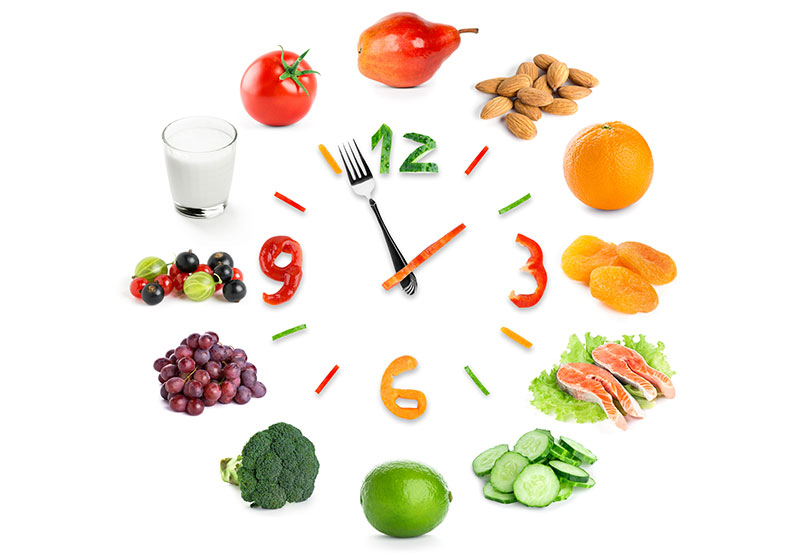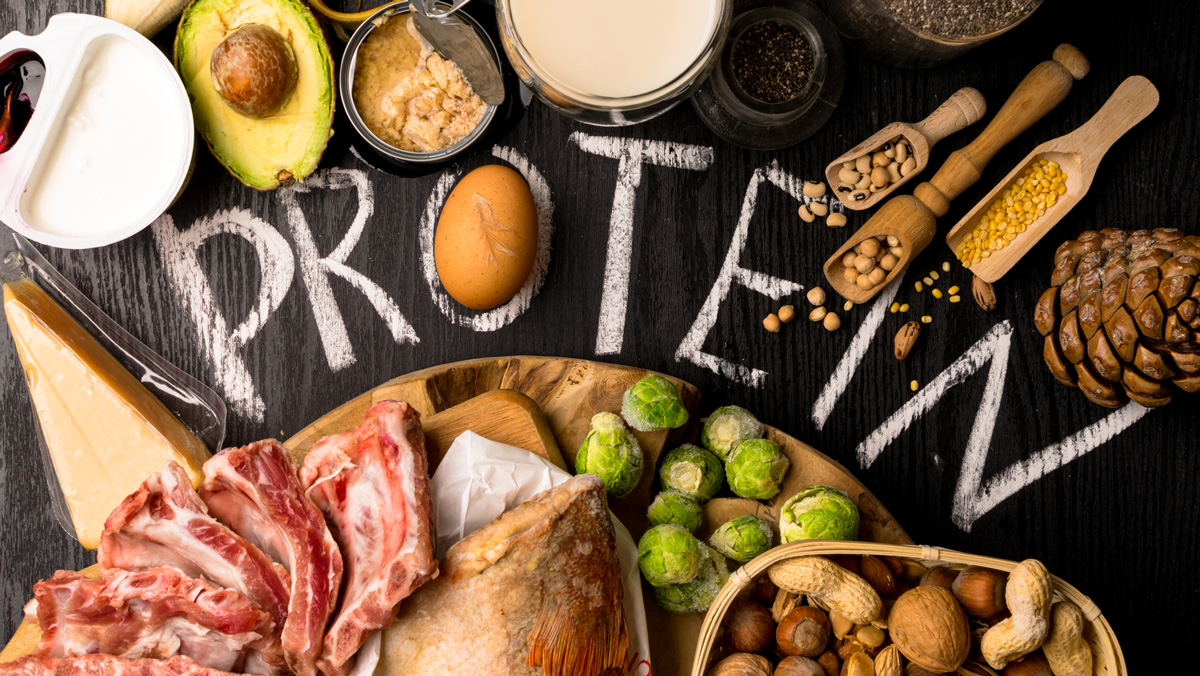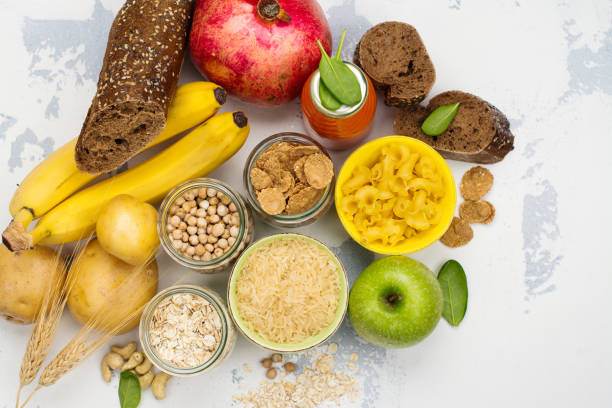For a long time, fitness and weight loss ‘experts’ have told us that in order to gain a pound of muscle or fat, we have to eat 3500 extra calories. Conversely, to lose a pound of fat, you need to create a calorie deficit of 3500 calories. This is based on the belief that a pound of muscle or fat equates to 3500 calories. The reality is that it is not quite that simple.
In this article, we take a look at what it actually takes to gain a pound of muscle and the best ways to do just that.
Dissecting the 3500 Calorie Myth

It’s a common belief that if you increase or decrease your calories by 500 per day (3500 calories per week), you will either gain or lose a pound of fat weight per week. However, this is an oversimplified view of how our energy balance system works.
Most people who quote the 3500 calorie equates to a pound of fat ‘fact’ have no idea where it came from and simply recite it as gospel. It actually originated in a 1958 scientific paper that noted that, since human fatty tissue is 87% fat, one pound (or 454 grams) of fat would have 395 grams of fat (454 x 87%).
When you multiply 395 by 9 calories per gram of fat, you arrive at that magic number of 3500 calories (3,555 to be exact).
The problem is that this 3,500-calorie figure does not take into account the fact that changes in caloric intake will automatically lead to changes in caloric output. These affect your body composition. One of them is what is called metabolic adaptation. When you lose weight, your metabolism responds by slowing down.
Metabolic adaptation is a key reason why people experience a weight loss plateau. They lose a lot of weight at the start and then it dramatically slows down or stops altogether. The reason for this is that the less we weigh, the fewer calories it takes to maintain our weight.
Imagine going up a flight of stairs with a 50-lb backpack over your shoulders. That will require a lot more energy in the form of calories than if you went up the stairs without the backpack. It’s the same thing when you are carrying more body fat.
The 3500-calorie rule fails to account for this lowered need for calories as we lose weight.
The same thing happens in reverse. So, the more we weigh, the more calories we need to maintain our weight. Imagine a 200 lb man who ate an additional 500 calories per day. According to the 3500 calorie rule, he would be adding a pound a week, or 52 pounds a year. So, in 10 years, he’d end up weighing more than 700 pounds!
But that doesn’t happen.
Why not?
Because, as he gains weight, his body needs to burn more calories in order to exist inside an ever-expanding body. As a result, his weight gain curve will flatten out over time. It will not be a straight line-up.
The bottom line here is that the 3500-calorie rule can provide us with a general body composition guideline for our initial rate of weight gain or weight loss. But it is not reliable over the long term because our caloric needs change as we gain or lose weight.
Gaining Weight the Right Way?
In my 35 years as a personal trainer, I have trained many people who wanted to gain weight. But not a single one of them has wanted that weight gain to be in the form of fat. What they were all after was lean muscle.
If you’re trying to gain weight, it’s a pretty good bet that that is what you are after also. So, here are my top tips on how to gain fat-free muscle mass.
Create a Daily Calorie Surplus

Forget about the 3500 calories to gain a pound of fat myth and focus, instead on eating 300-500 calories above your daily caloric maintenance level every day to create a calorie surplus. Your maintenance level takes into account your current weight, energy levels and daily activity factor so provides a good gauge of what your actual calorie requirements are.
There are some excellent calorie calculators that make it easy to work this out.
Go to this online calculator to find out what your daily caloric maintenance level is, which is based on the Harris-Benedict Equation.
Space Your Meals

I recommend spacing your meals about three hours apart throughout the day. This will provide your body with a constant flow of nutrients to the muscle cells. Each meal should be about the same size, and consist of all three macronutrients: protein, fats, and complex carbohydrates.
Prioritize Protein

Protein is made up of amino acids, which are the construction material that makes up muscle. Each of your meals should contain 20-30 grams of protein. The best sources of protein are eggs, chicken, dairy products, Greek yogurt, fish, red meat, and whey protein powder.
Consume Complex Carbohydrates

Complex carbohydrates, such as rice, sweet potatoes, and broccoli, are also important to the muscle-building process. They process the energy, in the form of glucose, that the muscles need to fuel your resistance training sessions.
Other good sources of carbs to gain weight are fruit juices, fresh fruit,
Work out

In order to build muscle mass, you have to put enough stress on the muscle fibers to cause them to temporarily break down. Then, so long as the body has the right nutrients available, it will be rebuilt slightly bigger and stronger than they were in the first place.
I recommend that you follow a weight training workout schedule that sees you working each of your body’s major muscles twice per week. If you are new to working out, begin with full-body workouts for six months, then switch to a three-way split program.
Rest

You need rest and recuperation in order to build muscle mass. Most muscle growth happens when you are sleeping, so try to get 7-8 hours of quality sleep each night. Limit your gym workout to less than an hour and don’t train a muscle group more than twice per week.
Summary
The age-old belief that you need to consume 3500 calories to gain a pound of weight is not quite correct. Even though the 3500 calorie figure provides a rough ballpark, there are a number of other factors that need to be accounted for.
Use the guidelines in this article to make sure that you’re gaining the right sort of weight the right way. . Above all, focus on making sure that the extra calories per day are coming from healthy sources and that you are combining your additional calories with strength training.
Frequently Asked Questions
What is the healthiest way to gain weight?
The healthiest way to gain weight is to combine a 500-700 calorie increase over your maintenance level with strength training. Be sure to follow a healthy diet with a good balance of proteins, low glycemic index carbohydrates, and healthy fats.
How many grams of protein should I consume to gain weight?
You should plan on a protein intake of 20-30 grams of protein at every meal. We recommend eating 5-6 meals spaced evenly throughout the day. As a general rule, aim to take in 1 gram of protein per pound of body weight.



